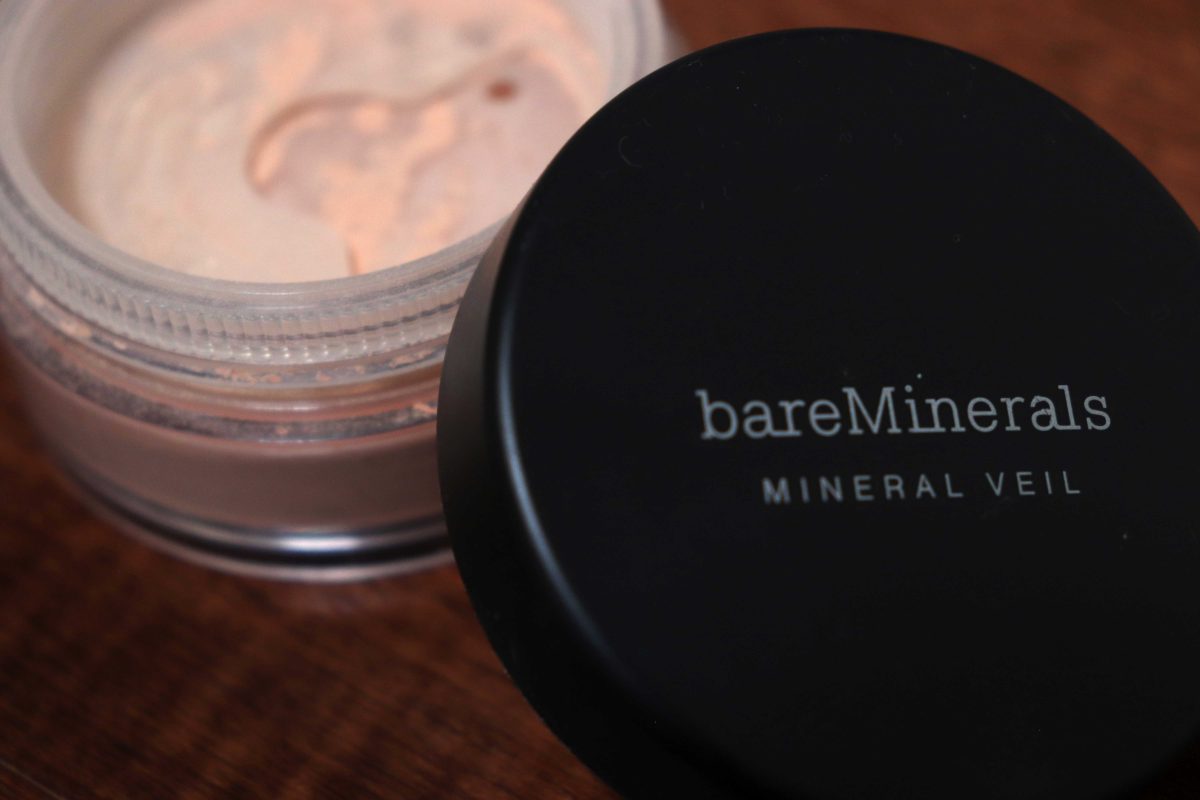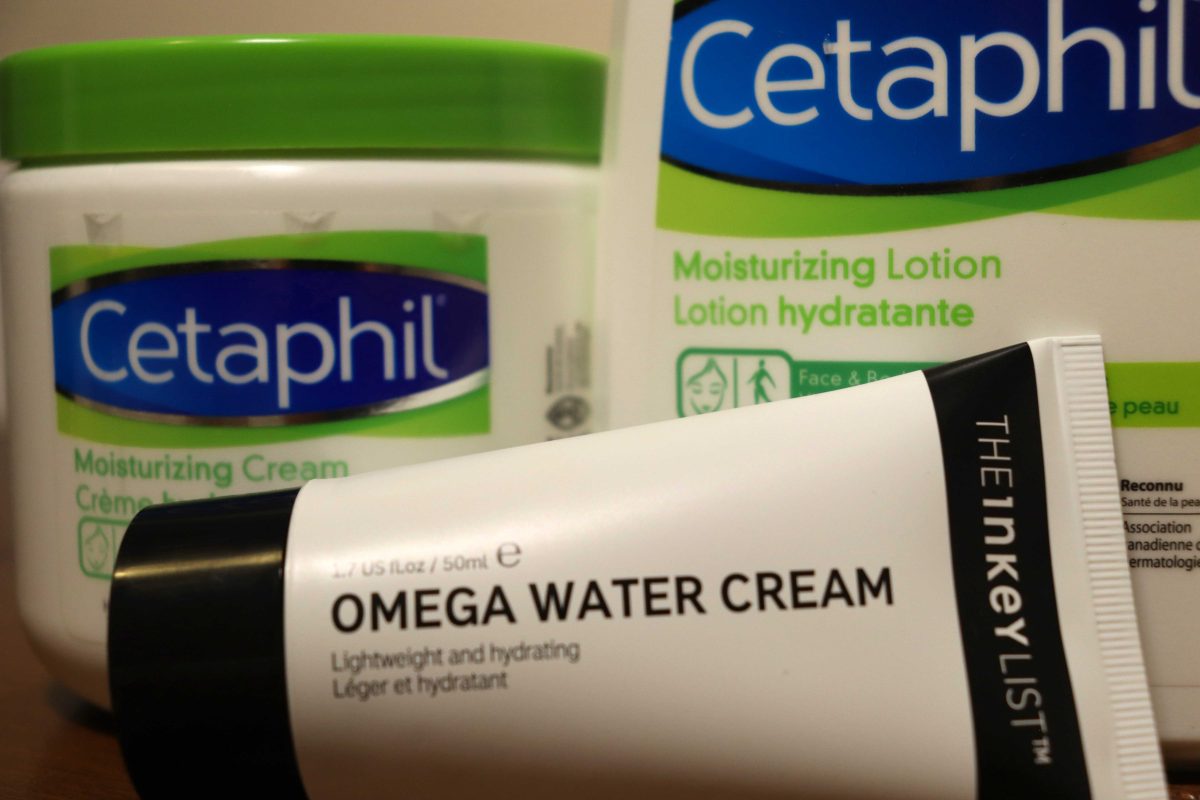2 easy ways to lessen rosacea flare-ups this fall 
By Nick Petlock on October 21, 2022
When you have a skin condition like rosacea, maintaining your skin’s health isn’t impossible this fall. As your doctor may have told you, prevention starts with recognizing triggers, being proactive and simplifying your skin routine. But discovering what you need in your skincare routine can be oh-so challenging. So in the name of minimizing flare-ups this fall, here are two researched methods and some easy to incorporate products that do just that.
#1. Wear sunscreen

The most common trigger for people with rosacea is none other than sun exposure. Whether there’s sunshine or clouds overcast, sunscreen application between 11a.m. to 3p.m. is a must, especially if you have rosacea or want to avoid skin cancers.
How much sunblock do you need? Dermatologists recommend that a person apply one teaspoon of sunscreen to the face and neck 15 minutes before heading outdoors. The whole body needs about seven teaspoons. After the initial application, reapply every two hours and avoid direct sunlight if possible. As YouTube’s famous Dr. Dray advises if you’re prone to using too little sunscreen, use an SPF 50 to ensure you’re getting at least an SPF 15.
And yes, I hear you. No one likes that greasy sunscreen look, so here are links to shine, acne-free lotions and powders.
Some student-friendly and more expensive sunscreens:
- Supergoop! Unseen sunscreen SPF 40 (great for under makeup), $47.00
- Garnier Ombrelle Face SPF 60, $15.17
#2. Strengthen the skin barrier

This next point needs to be talked about more. Doctors say you may need a topical cream if you find your skin’s more reactive in cooler, drier climates. Don’t get me wrong, sunscreen is the holy grail for reducing flare-ups, but sometimes a weakened skin barrier needs some love.
To protect that first layer of skin, consider a moisturizer with humectants and ceramides or try niacinamide, a water solution that’s packed with vitamins. Not only do these products protect the skin’s barrier, but they prevent moisture loss and dehydration.
